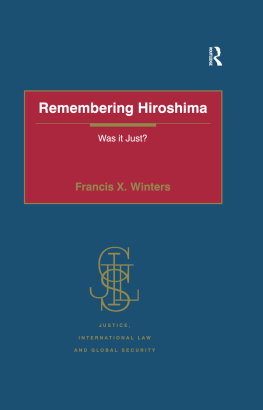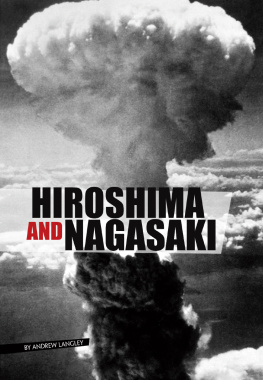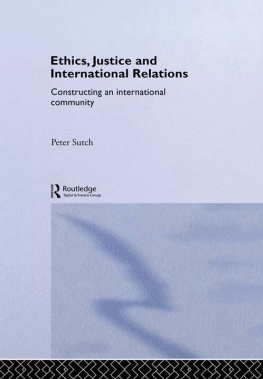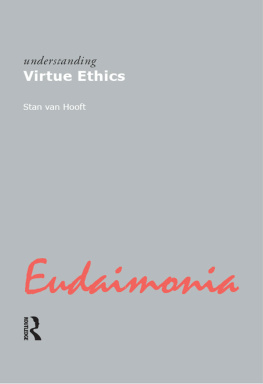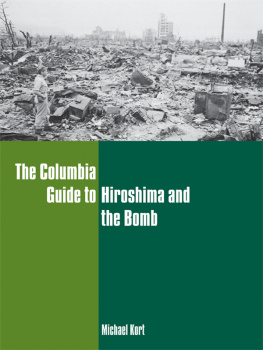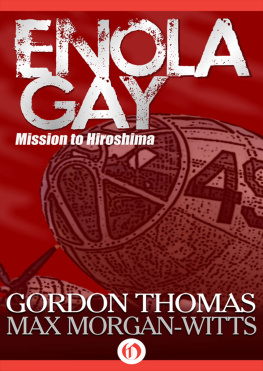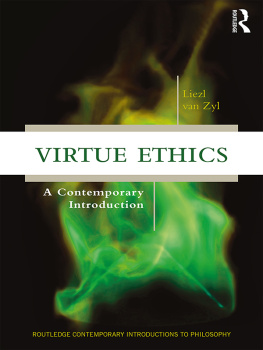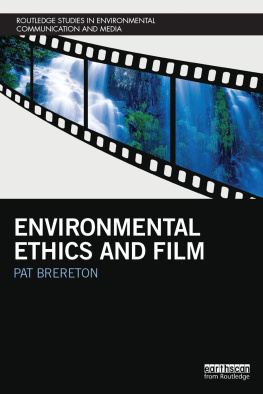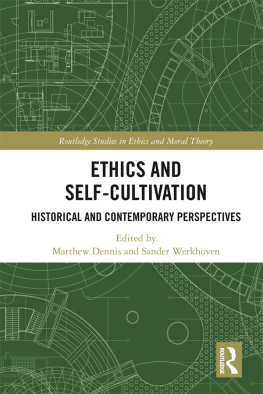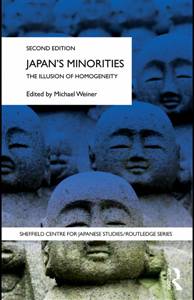REMEMBERING HIROSHIMA
Justice, International Law and Global Security
Series Editor: Howard M. Hensel
As the global community enters the 21st century, it is confronted with a wide variety of both traditional and non-traditional challenges to its security and even survival, as well as unprecedented opportunities for global socio-economic development. International law will play a major role as the international community attempts to address these challenges and opportunities while, simultaneously attempting to create a just and secure global order capable of protecting and promoting the common good of the whole of mankind.
The Ashgate Series on Justice, International Law, and Global Security is designed to encourage and highlight analytical, scholarly works that focus on the ways in which international law contributes to the management of a wide variety of contemporary challenges and opportunities, while, simultaneously, helping to promote global justice and security.
Also in the series
Why Not Preempt?
Security, Law, Norms and Anticipatory Military Activities
Rachel Bzostek
ISBN: 978-0-7546-7057-5
The Law of Armed Conflict
Constraints on the Contemporary Use of Military Force
Edited by Howard M. Hensel
ISBN: 978-0-7546-4543-6 (HB)
ISBN: 978-0-7546-7113-8 (PB)
Remembering Hiroshima
Was it Just?
Francis X. Winters
Georgetown University, USA
First published 2009 by Ashgate Publishing
Published 2016 by Routledge
2 Park Square, Milton Park, Abingdon, Oxon OX14 4RN
711 Third Avenue, New York, NY 10017, USA
Routledge is an imprint of the Taylor & Francis Group, an informa business
Copyright 2009 Francis X. Winters
Francis X. Winters has asserted his right under the Copyright, Designs and Patents Act, 1988, to be identified as the author of this work.
All rights reserved. No part of this book may be reprinted or reproduced or utilised in any form or by any electronic, mechanical, or other means, now known or hereafter invented, including photocopying and recording, or in any information storage or retrieval system, without permission in writing from the publishers.
Notice:
Product or corporate names may be trademarks or registered trademarks, and are used only for identification and explanation without intent to infringe.
British Library Cataloguing in Publication Data
Winters, Francis X.
Remembering Hiroshima : was it just? - (Justice, international law and global security)
1. Truman, Harry S., 1884-1972 - Military leadership 2. Nuclear warfare - Moral and ethical aspects 3. World War, 1939-1945 - Campaigns - Japan 4. Hiroshima-shi (Japan) - History - Bombardment, 1945 5. Japan - Military policy
I. Title
940.5'4252
Library of Congress Cataloging-in-Publication Data
Winters, Francis X.
Remembering Hiroshima : was it just? / by Francis X. Winters.
p. cm. -- (Justice, international law and global security)
Includes bibliographical references and index.
ISBN 978-0-7546-7470-2
1. Hiroshima-shi (Japan)--History--Bombardment, 1945--Moral and ethical aspects. 2. Atomic bomb--Moral and ethical aspects. I. Title.
D767.25.H6W56 2008
940.54'2521954--dc22
2008039159
ISBN 9780754674702 (hbk)
Searching for a satisfactory answer to the aging ethical puzzle about President Trumans decision to use the newly tested and unexpectedly powerful atomic bomb against the citizens of Hiroshima, in his desperate effort to force their government to surrender, has been a sort of pilgrimage, both ethical and cultural. As I come to the destination of finally fashioning at least a personal and provisionally satisfactory answer to this daunting puzzle, I am increasingly cognizant of the generosity of many fellow pilgrims over this decade of inquiry. It is a great pleasure to recognize their many indispensable contributions to my studies over these years. Without their generous company, the pilgrim would have never reached his destination.
My greatest debt is to my Georgetown editor, Matthew J. Engler, a former student and current associate, who offered to take up the formidable task of transforming a rather amorphous teaching instrument into a manuscript. His were the original endnote references, now repeatedly refined and elaborated, crafted according to the exacting standards of scholarly apparatus. At each stage of the manuscripts evolution, Matt bore the major share of the burden of patiently refashioning the text. He is the co-editor of the present volume.
I owe a similarly profound debt to Kathleen R. Klingenberg, a friend and office neighbor at the School of Foreign Service, who over the last eight years has consistently and generously offered quick counsel and support in my struggles with electronic challenges. Without her cheerful assistance and encouragement the manuscript would never have been completed. Our colleague Lola Brown has been unstintingly generous in providing the resources that eventually prepared the manuscript.
Four friends have made an equally profound but different sort of contribution to a successful pilgrimage. Jim and Diane Schaefer generously offered me the use of their lovely home in Chestertown, Maryland, during the first two summers of my scholarship. The refreshing historical character and elegant architecture of this town on the Chester river facilitated my quest to understand the mid-nineteenth century naval adventures of Commodore Perry in Japan, the starting point of my own inquiry into the shape of US-Japan relations. Later, during my sabbatical year of study, Alec Bastos and Kathleen Bergen provided me a welcome perch for writing at their oceanside home in Goose Rocks, Maine. Whatever grace these pages may have attained are due to these two gifts of waterside perspectives for remembering our nations fateful adventures on the Pacific.
In the final months of writing and editing, Dean Emeritus Peter F. Krogh offered me the use of his office at the School of Foreign Service. This has been the latest in Dean Kroghs constant gifts of support and personal encouragement over more than three decades.
The book would never have begun without the generous assistance of three gifted Japanese students at Georgetown University. Professor Izumikawa Yasuhiro, now Assistant Professor at Kobe University, introduced me to the leading Japanese authorities on USJapan relations, reaching back to the days of Commodore Perrys tumultuous arrival on their shores. He was able to inform me on the lines of Japanese historical research available in volumes not yet translated, and directed me as well to the US sources, such as the store of Statements of Japanese officials after the war. A student in my undergraduate class, Rihoko Akiyama, was a patient critic of my early stumbling scribbling on Japanese topics. Haruka Matsumato did research for me on the topic of the quizzical gift of Perry to his Japanese interlocutors of four white flags, which would be of use in case the two sides would come to war and Japan might need to surrender.
In preparing the first chapter, on USJapan relations, my student Erin Trenda did enlightening research on the wide cultural impact of western contact with Japanese art. Sean West ably guided me in my study for , tracing the history of USJapan naval rivalry, especially on the comparative resources and naval armaments of the opponents.
For inviting me to the conference observance of the 150th anniversary of Perrys visit to Japan, in 2004, sponsored at Emory University by the Southern Japanese Seminar, I thank my colleague at Georgetown, Kevin Doak, Chair of East Asian Languages.

